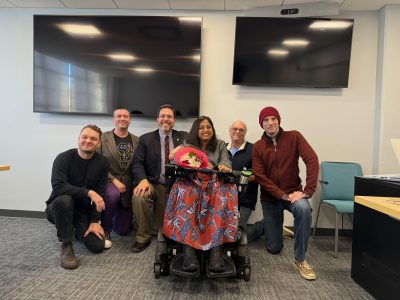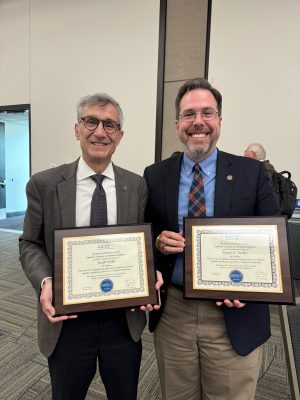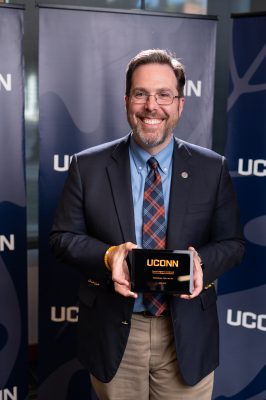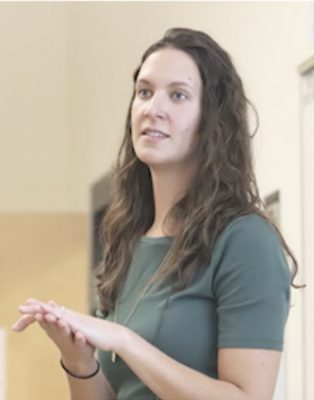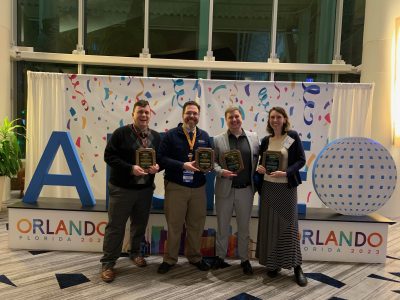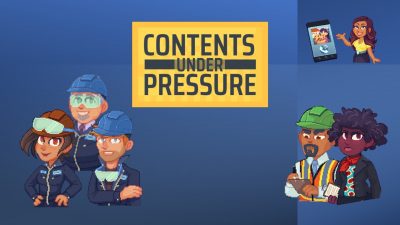Dan Burkey, Castleman Term Professor of Engineering Innovation and Associate Dean for Undergraduate Education was recently awarded a $750K NSF grant through the IUSE (Improving Undergraduate STEM Education) program. Together with UConn collaborators Monika Crowl, Assistant Professor-in-Residence in Chemical and Biomolecular Engineering, and Mike Young, Associate Professor Emeritus from the Neag School of Education, Burkey will lead this multi-institution grant with additional collaborators from the University of Pittsburgh and Rowan University.
This is a Tier II grant, and follows on from previous Tier I funding the group had to study novel ways of teaching and assessing engineering students’ ethical reasoning. That grant ran from 2020-2024.
“Engineering solutions touch so many aspects of peoples’ lives, often in ways that they don’t even realize,” said Burkey. “It’s important that, as students, future engineers are given opportunities to grapple with the difficult tradeoffs that all engineering solutions come with, so that they are better prepared to make critically informed decisions in the future.”
One of the challenges is that ethical reasoning is a complex process and so teaching it effectively as well as assessing how students are learning can be challenging.
Says Burkey: “There are several assessment instruments or surveys out in the literature that try to measure the spectrum of ethical reasoning, but they often try to reduce a student’s performance to a single number, which we have felt isn’t telling the whole story.”
Burkey and his team have developed a narrative digital game for engineering students that puts them in the role of an engineer in a complex, realistic scenario. As students navigate through the game, they must make difficult decisions about what to do next, and those decisions can impact how the game unfolds.
One of the novel aspects of the game is that in addition to making the decisions, students also have to narratively respond to different prompts about the thinking that went into their decision making, and how they perceive the consequences and repercussions. This generates a lot of textual data that is rich in detail.
“The qualitative data generated by the student responses reveals a lot more about their thinking than simple multiple-choice questions in a survey.” says Burkey.
But with that richness comes a trade off – lots and lots of data. That’s where the second part of the grant comes into play.
“Qualitative data can be more challenging to analyze at scale, so our team will be training and using Language Models and Natural Language Processing tools to help analyze the student responses and look for patterns and complexity.” says Burkey.
In this way, the team hopes not only to create a fun and interesting way for engineering students to learn about professional ethical decision making, but they hope to also develop a tool that can be included as part of the game that allows instructors to assess the richness and complexity of student ethical reasoning and how it evolves over time.
“We want to give students a fun and interesting way to engage with this material, beyond what they might just see in a case study for example. We also want to help instructors be able to assess where students are with respect to the complexity of their ethical reasoning. We think this approach gives us a chance to do both.”
